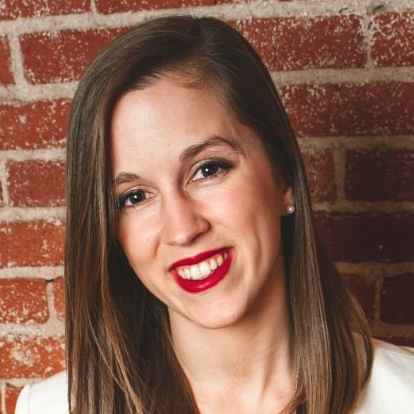Emma Geller

Emma Geller
Bachelor of Arts 2010, Psychology
Emma Geller is entering her third year as an Assistant Teaching Professor in the department of psychology at UC San Diego. Before this position, she was a graduate student in cognitive psychology at UCLA, where she also worked as a teaching assistant and teaching fellow from 2011 to 2016. During that time, she was an assistant for several different classes (statistics, research methods, cognitive psychology, intro to psychology, etc.) and she also designed and taught her own freshman seminar on using cognitive psychology to improve teaching and learning. In her PhD program, she also conducted research and presented at conferences, including the Cognitive Sciences Society and the Association for Psychological Science. She continues to attend and present at those conferences as well as at the Society for Teaching of Psychology and the Psychonomics Society. The topic of her research is the science of learning and instruction, which takes what we know from psychology about learning and memory and applies it to improving instruction.
--
What excites you about the work you do? I love teaching and I love that teaching undergraduates is a large part of my job. I mostly teach courses that students tend to dread (research methods and statistics) and I am truly passionate about making those classes exciting and engaging. I am motivated by wanting to help students understand the *science* of psychology and develop critical thinking skills to look beyond news reports that claim "science says..." to understand how and why scientific investigations arrive at the conclusions they do. In my research, I am passionate about investigating instructional tools and techniques that help students *understand* what they are learning, beyond being able to recall facts and figures. I especially care about effective teaching in math and science, and how technology (especially video) can be used to improve teaching and learning at the college level. What motivates me about this work is bridging the gap between basic science in cognitive psychology and applied uses of that science in real teaching environments.
What is the most significant career experience you've had so far, and what made it meaningful to you? This is a hard question to answer because no single event particularly stands out, but landing this job at UCSD was definitely a career-changer for me. It was a job that I did not know existed and it is the perfect combination of my strengths and interests. When choosing a career and applying to positions, I went through a lot of anxiety, impostor syndrome, and depression because I did not believe I had the strengths to succeed in what I thought of as a "typical" academic career. But exploring job options and finding this teaching position has helped make me more aware of the range of opportunities for PhD students after graduation. As far as meaningful experiences ON the job, I find that I have them too often to count. Getting to interact with students and help them discover passions, tackle challenging concepts, and succeed with a lot of hard work is endlessly rewarding.
How did GWU and the UHP prepare you for your professional journey? In what ways has your career evolved since you graduated from GWU? GWU and UHP prepared me for my professional life by giving me a broad base to explore interests and options. I also think I learned a lot at GW about how to advocate for myself and my interests - how to demonstrate my qualifications for a position and make a case for myself. There were several times when I felt I was pursuing interests or opportunities without a lot of support, and that was a good thing for me because I learned how much I can do without waiting for someone else to do it for me, and I learned how to ask for help from the right people. Your courses can only give you tools for success; it's up to you to use them to your advantage.
Advice for current UHP students: I think passions are developed more than they are discovered. Pursuing something that excites you is not always fun or easy, and the most successful people in your field fail frequently and often. So if you discover that something you thought you loved is now hard and less fun - stick it out! You learn much more from those tough stretches than you ever do when everything goes smoothly. And rising above a challenge feels pretty great!

